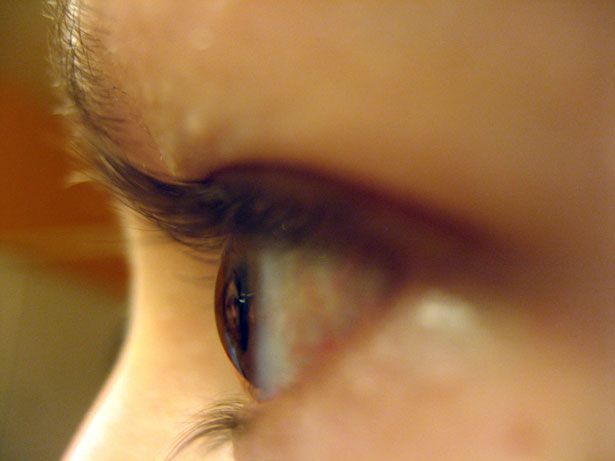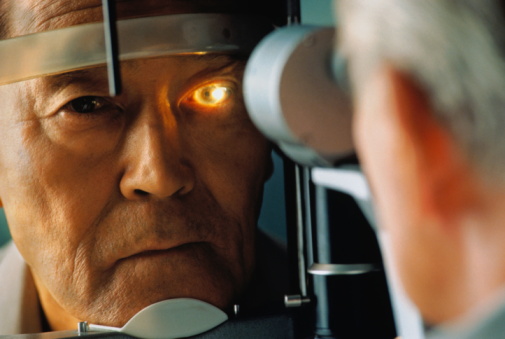£1.1m Study Connects Eyeball to Dementia Diagnosis
Looking into the Eyes of Alzheimer’s Disease
Dundee University will be collaborating with Ninewells Hospital to reveal the importance of blood vessels and arteries within the eyeball to help diagnose the earliest onset of Alzheimer’s disease. Dundee’s school of computing will conduct a three year research project using special technology. Using the latest computer software, in conjunction with high definition images of the eyeball, researchers will be able to identify indicators of Alzheimer’s disease.

Veins in the eye could reveal Alzheimer’s risk
Past studies conclude that the arteries and veins in the eyeball are linked to cardiovascular disease and stroke.
The research is striving to find the earliest possible “WARNING,” signs associated with Alzheimer’s disease and other dementia’s. The research is consistent with MemTrax’s mission to discover the first signs of dementia; by using a memory screening test – MemTrax.com/test – to detect memory loss early.
By cross referencing the eyeball data with medical history data from Ninewells hospital, the study will strive to discover a connection.

Eye testing to help detect dementia
The leader of the study is: Professor Emanuele Trucco who manages computational vision within the school of computing. Trucco states “If you can look into someone’s eyes using an inexpensive machine and discover something which may suggest a risk of developing dementia, then that’s a very interesting proposition.”
“There is the promise of early warning in a non-invasive way and there is also the fact that we even might be able to use the test to differentiate between different types of dementia.”
The CEO Professor Philip Nelson said: “The UK faces a huge challenge over the coming decades, we have an ageing population and a likely rise in the numbers of people suffering from dementias.”
“These research projects will improve our abilities to detect and understand dementias and how the disease progresses.”
By identifying Alzheimer’s disease and dementia’s early people can seek treatment and lifestyle intervention while it can be most effective. Early treatment and management of memory related disorders enables people to handle it most effectively.
The research project has been scheduled to begin April, 2015 and continue for 3 years. Future research re-enforces the importance of early recognition.
